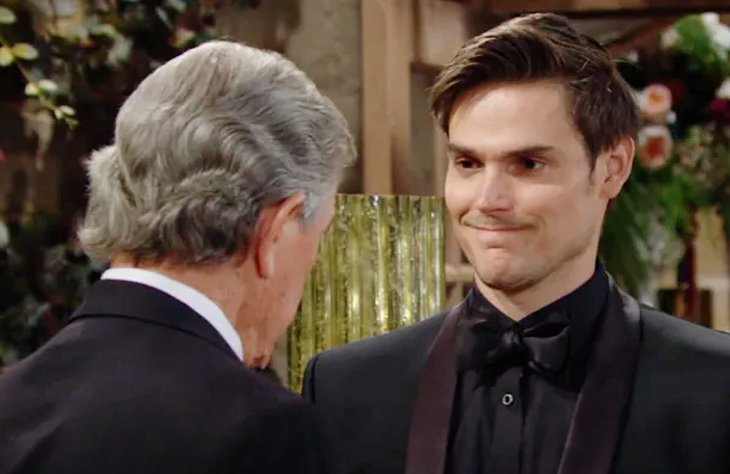Warning: Spoilers ahead for The Last of Us Season 2.
After captivating viewers with its emotionally driven storytelling and brutal post-apocalyptic world, The Last of Us now faces its most daunting challenge yet in Season 3 — a complete shift in narrative focus. With Kaitlyn Dever confirmed to lead the upcoming season as Abby, the HBO series must overcome the same divisive energy that split fans in Season 2. And the pressure is on.
Abby Steps In — But Will Audiences Stay?
Season 2 ended with a seismic narrative pivot, shifting the story’s perspective from Ellie to Abby and her allies in the Washington Liberation Front — the same people responsible for Joel’s shocking death in Episode 4. While some fans praised the layered, morally complex storytelling, others struggled to embrace characters they perceived as antagonists.
Now, with Joel gone and Ellie’s role likely reduced, The Last of Us Season 3 will place Abby at its emotional center. Characters like Manny and Owen, who barely scratched the surface of fan favor, are expected to take on bigger roles — a risky move that could either deepen the story or alienate viewers further.

Season 2 Already Changed the Show’s DNA
Joel and Ellie’s relationship was the soul of Season 1. Pedro Pascal's performance brought a warmth and emotional weight that grounded the series. His departure in Season 2 was jarring, stripping the show of its most compelling bond and shifting the tone dramatically.
Season 2 focused on revenge, trauma, and the consequences of violence — heavy themes, no doubt, but ones that lacked the familiar emotional anchor Joel provided. With Ellie and Dina stepping up, the show risked — and at times suffered from — becoming a different series altogether.
Adapting a Non-Linear Game Is No Easy Feat
The biggest challenge with The Last of Us has always been its roots in video game storytelling. Unlike traditional TV series, which thrive on cast continuity and gradual arcs, video games often reboot or reframe each installment. Even The Last of Us Part II, though connected to the first, pivots to new characters and forces players to see events through another lens.
This non-linear, dual-perspective structure works in interactive gaming, but it’s far harder to pull off in a passive medium like television. Viewers form attachments, and shifting focus so drastically — first from Joel to Ellie, and now from Ellie to Abby — tests that loyalty.
Did Season 1 Prepare Us for This?
To its credit, Season 1 tried to lay the groundwork for this tonal shift. The Kansas City arc, featuring original characters Kathleen and Perry, examined the cycle of revenge — foreshadowing the themes to come. These episodes introduced moral ambiguity and the cost of vengeance, subtly preparing viewers for the philosophical conflict that defines Abby’s story.
But even with that foundation, the upcoming season's success will depend on whether Abby’s character can win over a divided audience — and whether the show can maintain the soul that made it so gripping in the first place.
The Stakes for Season 3
The Last of Us Season 3 must do more than continue the story — it must justify its bold creative risks. The writers must work harder than ever to ensure Abby is not just a replacement, but a character whose journey demands to be followed. They must also keep Ellie, Dina, and other familiar faces woven into the narrative in meaningful ways to preserve continuity.
The world of The Last of Us is dark, unforgiving, and deeply human — and it’s those raw emotions that earned the show its acclaim. As it enters a new chapter, the question now isn’t just whether the story will be good. It’s whether fans will still see The Last of Us in it.

-1752826330-q80.webp)
-1753923281-q80.webp)
-1751023922-q80.webp)